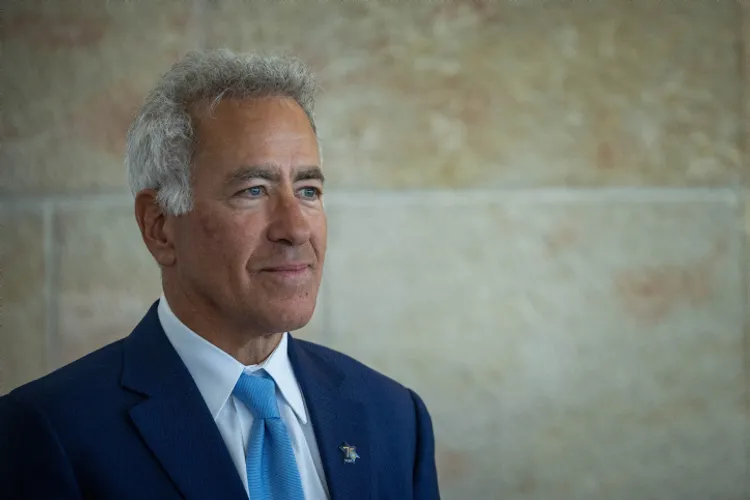
One Parent Can Dictate a Child’s Self-Esteem
One Parent Can Dictate a Child’s Self-Esteem
October 19, 2015
Medical Daily — In the global village, how does family culture impact an individual child’s self-esteem? This is the question that Dr. Naama Atzaba-Poria, director of BGU’s Child Development and Family Relationships Lab in the University’s Department of Psychology, is looking to answer.
She is working on this child self-esteem study in cooperation with Dr. Alison Pike of the University of Sussex.
“Self-esteem,” the researchers say, “is defined as the extent to which an individual perceives himself or herself as capable, successful, significant, and worthy.”
Their goal is to find a link between “gender-based power structures” and a child’s self-esteem.
For the study, Dr. Atzaba-Poria and Dr. Pike visited 125 English and Indian families living in West London: 59 were English, 66 Indian. The children of these families ranged in age from seven to almost 10. These groups were chosen because of their dichotomy. In Indian families the father is culturally the disciplinarian in the family, while the mother is more dominant in English families.
The researchers found that English children whose mothers displayed more negative parenting traits — such as detachment, intrusiveness, lax enforcement of discipline, and controlling behavior — reported lower self-esteem. For Indian children, the father’s behavior had more of an impact.
“Our results suggest that children from different cultures may not only be affected differently by specific parenting strategies, but that they may be affected differently depending on whether the parental behavior is performed by mothers or fathers,” the researchers conclude.




